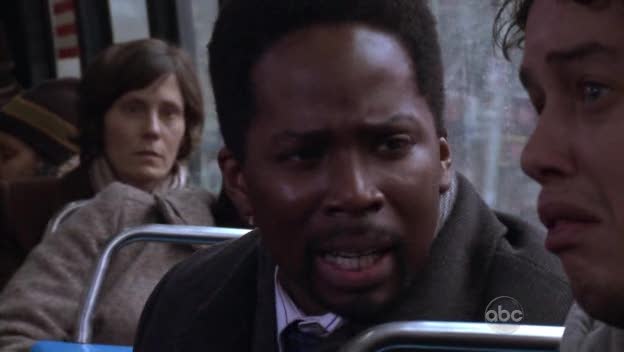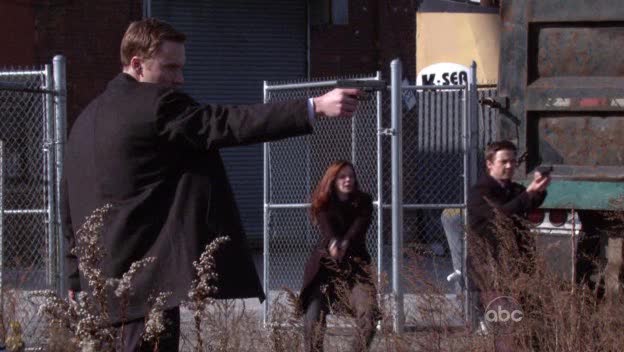I kept wondering how Hellenistic philosophy applied to today's world as we briefly discussed it on Wednesday. I didn't have a lot of time to really go in depth with it, so I included summaries and bumper sticker slogans that could apply, but I still didn't feel like it was enough. So, I thought, why not dig into this school of thought on the blog?
First, Epicureans - as we explore most philosophy (and most likely religions as well), there seems to be a denial of pleasure or the association that pleasure is at best, a necessary evil. The philosopher, Epicurus, said that the "best sort of life...is one that is free from pain in the body and from disturbance in the mind. That sounds a rather negative credo for a 21st-century devotee of the good life." There are so many pleasures out there in life that we have been told to stay away from or "wait until you're older." And, in fact, Epicurus "condemned all forms of over-indulgence, and recommended a simple diet." But, as you become an adult and temptations increase, where do you draw the line? Was Epicurus right to withdraw into his garden with friends and live a simple life of pleasure? How can that work in today's fast-paced, interconnected society? Do you pull a Henry David Thoreau on everyone and go to live in the woods, simply? Or is there something in between completing dropping out and total hedonism?
I found an interesting article online: "Epicurus Exonerated": http://moreintelligentlife.com/story/epicurus-exonerated All the quotes above are from this article.
Stoicism - When I think of this, I mentioned the British palace guards who tourists like to mess with and try to get them to smile. But stoicism is much more than that, especially when dealing with such an uncertain, violent world. This particular quote from Marcus Aurelius, one of the last great Roman emperors, could fit perfectly in our time period:
Stoicism doesn't mean standing idly by while crazy stuff happens. I think, in many ways, it has to do with the ways in which you react (or don't react) to all the sensationalist news, Chicken-Littles, and Boys-Who-Cried-Wolf out there in the media. If we believed everything we saw and heard about our world that's dangerous, we'd never get our kids immunized for fear of them getting autism, we'd never buy certain brands of products b/c of an email circulating the globe about the product's danger, and we'd certainly never leave the house.
This article, "The Modern Wimp's Introduction to Stoicism", is rather crude but funny and tries to dispel the notion that being stoic means not flinching when boys get punched in the groin: http://www.primermagazine.com/2010/live/introduction-to-stoicism
This article talks about how to be stoic: http://www.stoics.fsnet.co.uk/#BeStoical
- However, do we ignore all of the warnings out there about impending doom? Too many people ignored the oncoming freight train of death that was attached to the subprime mortgage bubble, and you see where that got us in 2008. Too many people were busy making too much money to listen to the Pollyannas saying, "hold on a minute!" And sometimes, sifting through the town crier's messages, isn't there just the call for moderation? If global warming isn't happening exactly as Al Gore said it would, what's wrong with cutting back on our dependence on foreign oil and driving more fuel-efficient cars? What's wrong with getting involved more with the 3 Rs - recycle, reuse, and reduce? I don't know who is correct in the global warming debate, nor do I care, but there can't be anything wrong w/ America reducing its carbon footprint.
Cynics - the ancient Greeks who followed this school of thought often rejcted materialism and strove to live life simply. Cynics today, however, at least the word cynic, generally dismiss peoples' good intentions as having ulterior motives. There is a strain of persistent disbelief and irrational thought that can lie in the cynical outlook today. With the number of politicians and celebrities that have lied to us while embracing the opposite of what they hold dear, while corporations say one thing and do the other, and our government fails to follow through on its promises, it's no wonder Americans didn't become full blown cynics before the Vietnam War and Watergate in the 1960s and 70s.
 - Has cynicism led to an unhealthy belief in conspiracy theories? When common sense or persistent, reasoned questioing can poke holes in most of the conspiracies almost immediately, why do they still continue to stay alive? Should we believe in our politicians and leaders and their promises, or just expect them to let us down again?
- Has cynicism led to an unhealthy belief in conspiracy theories? When common sense or persistent, reasoned questioing can poke holes in most of the conspiracies almost immediately, why do they still continue to stay alive? Should we believe in our politicians and leaders and their promises, or just expect them to let us down again? Some comments in this paragraph come from: http://www.wisegeek.com/what-is-cynicism.htm
Skeptics - this school is probably the most easily applicable to today's world because of our almost religious belief in modern science, which practically demands a skeptical viewpoint of the world. And in many ways, having a healthy skepticism is helpful for a scientist, philosopher, and in general, being an intelligent human being with all the flood of bogus news out there.
Where skepticism differs from cynics is that with cynics, you've already lost before the battle has begun. You will not be able to convince your opponent, rhetorical or otherwise, of any good intentions, etc. If you win, the cynic will probably claim that the game was rigged, and if they win, you weren't a worthy opponent.
I believe that a healthy skepticism in today's life means many things, but I find it hard to explain it w/o resorting to cliches. "I'll see it when I believe it." "Proof is in the pudding."
 |
| Craig Damrauer's print from "Modern Art" which I think sums up the art cynic in all of us. |
Your job: Pick one of the four Hellenist schools of thought and explain in 250 words or more how it applies to your life. If you're having trouble just sticking to one school of thought, or you take issue with something I've said here, then by all means, jump into the fray!
Due Wednesday, April 27 before class begins





